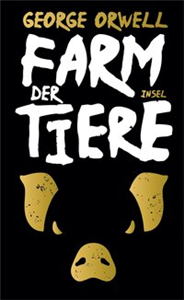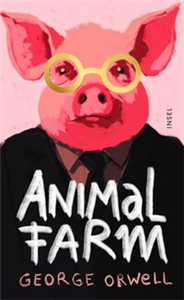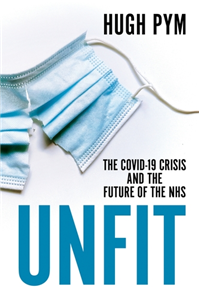Farm der Tiere
Ein Märchen | Sie wollten Freiheit. Sie bekommen Unterdrückung | Der Klassiker über Macht, Manipulation und Moral neu übersetzt von Eike Schönfeld
by George Orwell, Eike Schönfeld
Eine Farm. Eine Revolution. Ein Traum von Freiheit, der in Diktatur umschlägt. Die Tiere auf der Farm des Säufers Mr Jones werden vernachlässigt, ausgebeutet und misshandelt – bis sie eines Tages beschließen zu rebellieren. Die Intelligentesten unter ihnen, die Schweine, führen den Aufstand an, vertreiben den menschlichen Peiniger und stellen neue Regeln für das Zusammenleben auf: Alle Tiere sind gleich! Ein glückliches Leben scheint bevorzustehen, doch allmählich bilden sich neue Machtstrukturen heraus … und aus ehemals Unterdrückten werden neue Gewaltherrscher. George Orwells dystopischer Roman von 1954 ist erschreckend aktuell – und dabei in zeitgemäßer Neuübersetzung so zugänglich wie nie. In einer Welt voller Fake News, Filterblasen und Führungsversagen hält Orwell uns den Spiegel vor. Ein Kompass für kritisches Denken mit Witz, Biss und bedrückender Klarheit.


























